Source: “Inquiry into covert arms supplies to Armenia”, The Irish Times, 9 Apr 1997
*all opinions expressed are those of the original author and do not necessarily reflect the opinions or stance of Nagorno Karabakh Observer.
MILITARY prosecutors are considering whether to question the former defence minister, Gen Pavel Grachev, as a scandal grows over the covert supply of huge quantities of Russian arms to Armenia in violation of a UN embargo.
A number of senior Russian officials, including Gen Grachev’s successor, Gen Igor Rodionov, have admitted in recent weeks that the Russian military poured heavy weapons and ammunition into the tiny Caucasian state even before the current ceasefire in Armenia’s nine-year undeclared war with its neighbour, Azerbaijan, for control of the Nagorno-Karabakh region. The affair has been compared to the Iran-Contra scandal in the US.
Nagorno-Karabakh is a largely ethnic Armenian enclave inside Azerbaijan. Twenty-five thousand people are estimated to have died and about one million been displaced as a result of the conflict which began in 1988. Both sides have been accused of atrocities. A ceasefire put in place in 1994 has largely held, but about a fifth of Azerbaijan’s territory is still occupied.
The Russian army’s prosecution department started its investigation after a report last week by Gen Lev Rokhlin, head of parliament’s defence committee, which said that, between 1992 and 1996, Russia secretly supplied Armenia with more than £650 million of weapons, including Scud missiles and advanced T-72 tanks.
Mr Sergei Ushakov, an aide to chief military prosecutor, Mr Valentin Panichev, said yesterday: “If necessary, the former defence minister, Pavel Grachev, could be invited for an interview.
Gen Grachev headed the Russian armed forces throughout the period covered by the Rokhlin report. He survived scandals over arms supplies to Chechen rebels and corruption among ex-Soviet forces in Germany before being sacked last year.
Russia has, officially, remained neutral throughout the Nagorno-Karabakh conflict. Azerbaijan and Georgia have long accused Russia of using its vast stockpiles of weapons to try to influence events in the region, but up until now there has been no proof.
Even as the Nagorno-Karabakh conflict raged, both Azerbaijan and Armenia received large amounts of weaponry under the 1992 Tashkent Treaty with Russia which divided the Soviet military inheritance. But according to Gen Rokhlin, supplies to Armenia did not stop there. His report detailed the delivery of 84 T-72 battle tanks, 50 BMP armoured troop carriers, 72 howitzers, 24 Scud missiles with eight launchers, and millions of rounds of ammunition.
Between 1992 and early 1994, when the conflict was at its height, Russian heavy transport aircraft were said to have ferried 1,300 tonnes of ammunition to the Armenian capital, Yerevan.
Both Gen Rokhlin and Gen Rodionov claim the supplies were the work of corrupt military officials. But there is widespread doubt in Russia that arms deliveries could be carried out over such a long period and on such a massive scale without the knowledge of President Yeltsin.
Armenia has hit back with claims that Azerbaijan bought hundreds of tanks and dozens of warplanes from Russia or Ukraine between 1993 and 1995.
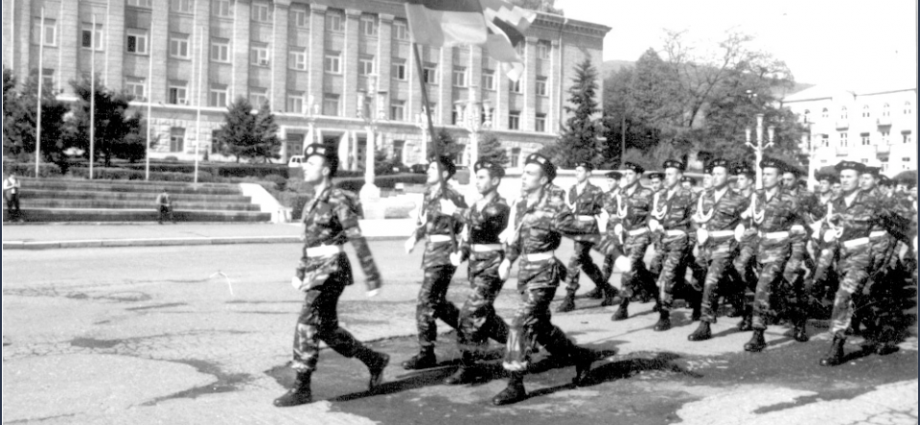
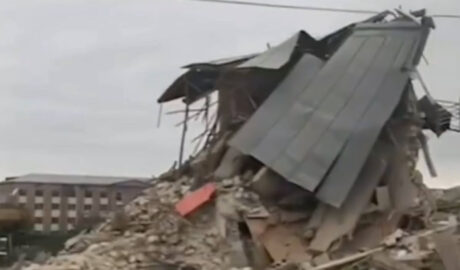
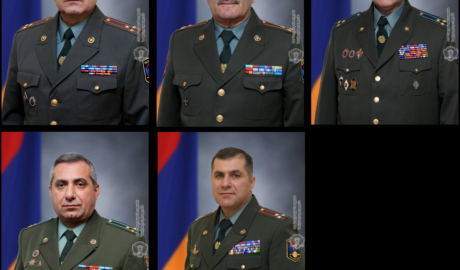
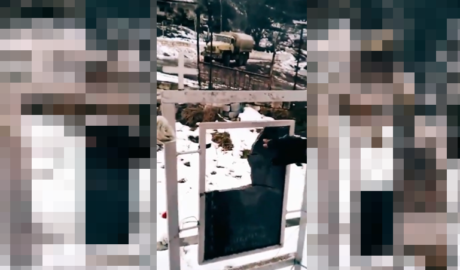
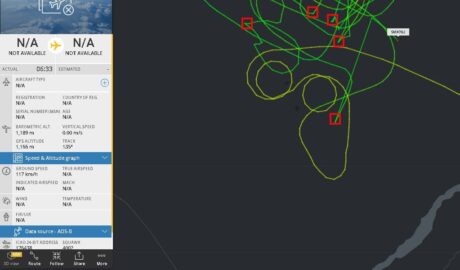
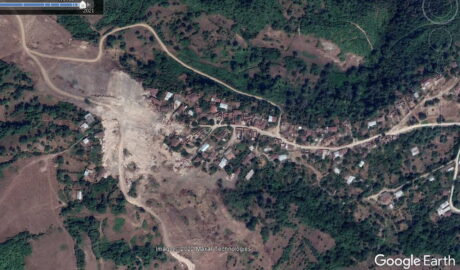
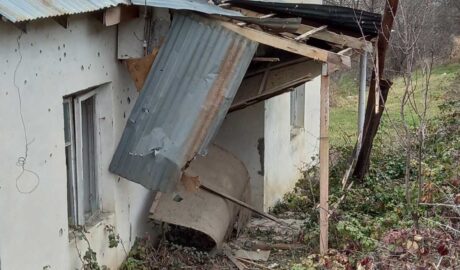
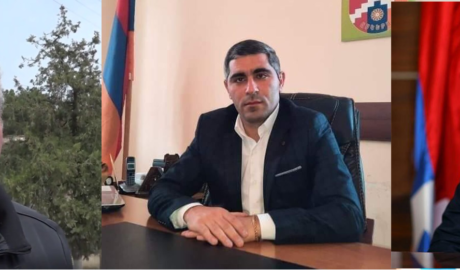
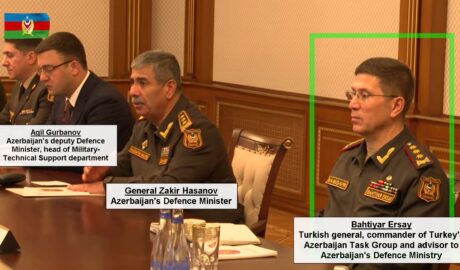
Comments are closed, but trackbacks and pingbacks are open.